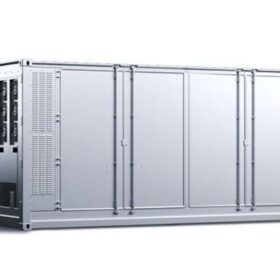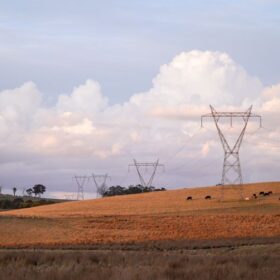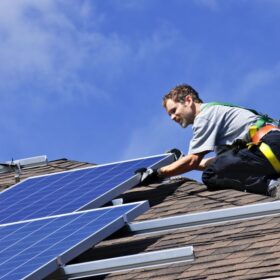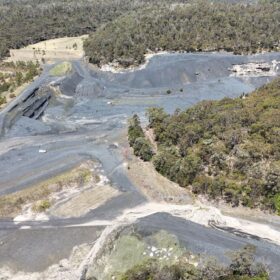Today, on the occasion of the 3rd Mission Innovation (MI3) and on the eve of the 9th Clean Energy Ministerial (CEM9), the Solar Impulse Foundation is proud to announce a new step towards achieving this ambitious goal: the launch of the Solar Impulse Efficient Solution Label. This label is granted to solutions who meet high standards of both sustainability and profitability. Each solution will go through a strict assessment process performed by independent experts and serves as an indication of quality to those looking to implement clean solutions, and affords a competitive edge to the innovators behind them.
“Imagine the impact that this will have on the world! 1000 clean and efficient solutions with a label proving their profitability. They have the potential to create jobs and boost clean economic growth, while also reducing CO2 emissions and preserving natural resources. This is much more than ecological, it is logical!” says Bertrand Piccard, Initiator and Chairman of the Solar Impulse Foundation. “Each time I speak of protecting the environment to heads of state or government officials, they tell me that it is too expensive. This label is a strong message to them: solutions exist, and represent the biggest market opportunity of our century. An opportunity which cannot be missed.”
In 2019, Bertrand Piccard will undertake a new round the world journey to present the 1000 labelled solutions to decision-makers in businesses and governments. This aims at encouraging them to adopt more ambitious environmental targets and energy policies, which are necessary to unlock the full potential of labelled solutions.
The Label has already received support from major figures, including Carlos Moedas, European Commissioner for Research, Science & Innovation: “The Efficient Solution Label clearly demonstrates the economic opportunities that innovative clean technologies bring. Its rigorous and strict criteria will help raise the profile of new breakthrough solutions and make them an attractive first pre-screening for investors. This is essential for implementing the Paris agreement. I am pleased to join forces with Bertrand Piccard’s Solar Impulse Foundation on this unique initiative. Channelling promising innovations to the Efficient Solutions portfolio will increase the impact of EU investments in research and innovation.”
A strict assessment methodology The Efficient Solution Label can be awarded to Members of the World Alliance for Efficient Solutions who submit their solutions for review. Solutions can be products, processes or services contributing to achieving one or more of the following Sustainable Development Goals:
– Clean Water and Sanitation (SDG 6)
– Affordable and Clean Energy (SDG 7)
– Industry Innovation and Infrastructure (SDG 9)
– Sustainable Cities and Communities (SDG 11)
– Responsible Consumption and Production (SDG 12)
Furthermore, they must have reached a minimum maturity level of at-scale prototype testing to be eligible for consideration, thus having already identified a concrete application scenario. If the solution meets these requirements, it will be assessed according to three main criteria:
– Technological feasibility
– Environmental and socio-economic benefits
– Economic profitability
Solutions that are rated highly enough will be awarded the Solar Impulse Efficient Solution Label.
An independent verifier has reviewed the procedure and guidelines for the attribution of the Solar Impulse Efficient Solution Label, with regards to their relevance, completeness, reliability, neutrality, and clarity. This independent verifier also reviews the implementation of the whole procedure, covering the successive steps of submission, pre-selection and match-making, expert assessment and finally deliberation and label attribution.
An internationally recognized Label
The latest challenge of the Solar Impulse Foundation has received widespread institutional support, including from the UNFCCC, the European Commission, The International Renewable Energy Agency (IRENA) and the International Energy Agency (IEA). Further collaborations include the EU Covenant of Mayors, a collection of more than 7,500 mayors from across the European continent looking to implement EU climate and energy objectives and to transition their cities toward sustainability.






By submitting this form you agree to pv magazine using your data for the purposes of publishing your comment.
Your personal data will only be disclosed or otherwise transmitted to third parties for the purposes of spam filtering or if this is necessary for technical maintenance of the website. Any other transfer to third parties will not take place unless this is justified on the basis of applicable data protection regulations or if pv magazine is legally obliged to do so.
You may revoke this consent at any time with effect for the future, in which case your personal data will be deleted immediately. Otherwise, your data will be deleted if pv magazine has processed your request or the purpose of data storage is fulfilled.
Further information on data privacy can be found in our Data Protection Policy.